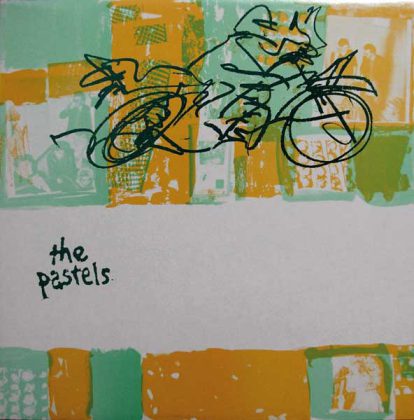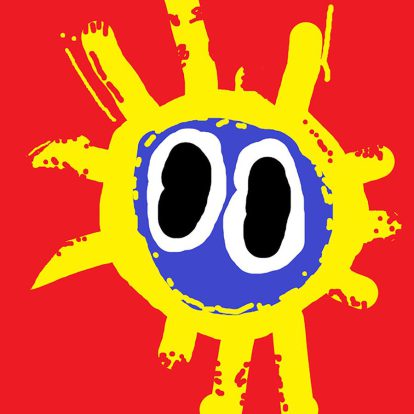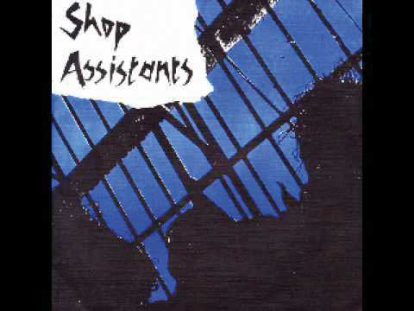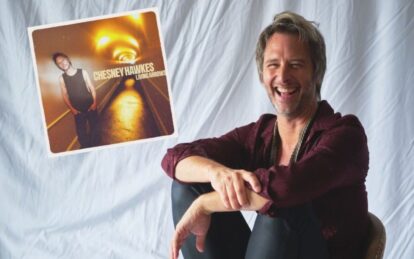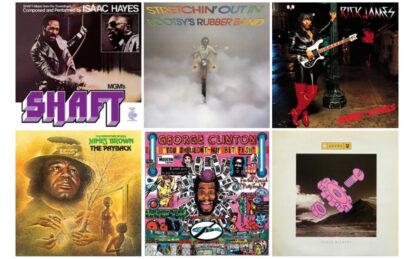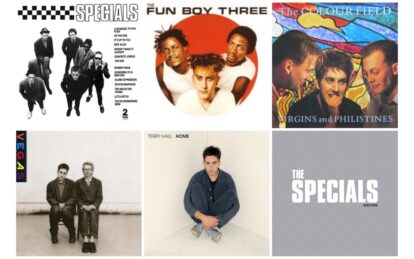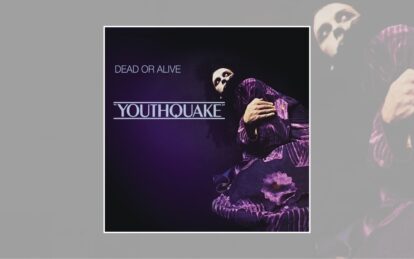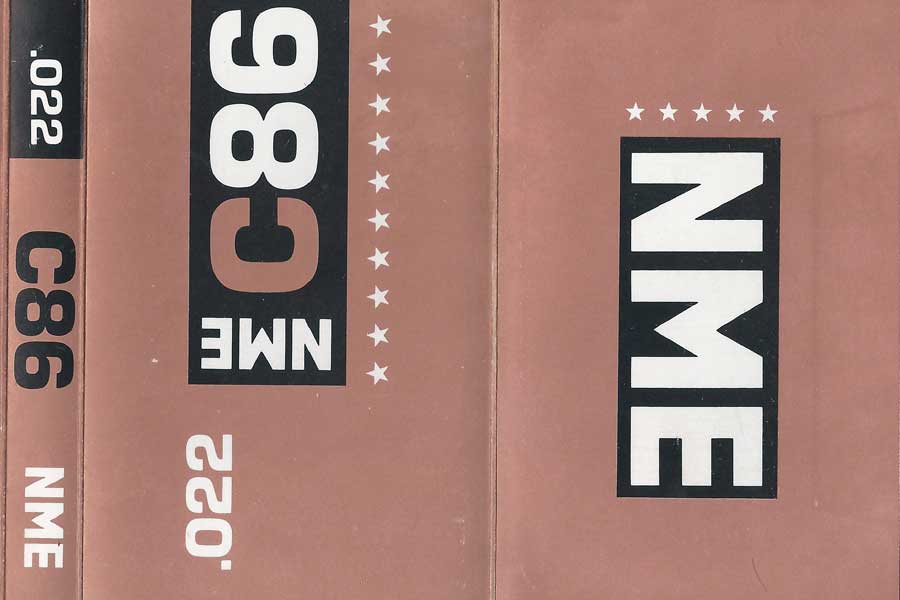
Your at-a-glance guide to some of our favourite sub-genres
What is it?
Sometimes conflated with soundalike sub-genre ‘jangle-pop’, C86 was the term given to a particular brand of introspective, lo-fi, Byrds-influenced indie power-pop. The name derived from a cassette tape given away with a May 1986 issue of the NME.
A belated follow-up to their C81 comp from five years previous, C86 was somewhat narrower in scope than its eclectic post-punk predecessor, featuring a gaggle of (often Scottish) bands that it was easy to mock as fey twentysomethings with pudding bowl haircuts and paisley shirts strumming Lovin’ Spoonful riffs on second–hand Rickenbackers. That said, not every song on the 22-track cassette conformed to that pasty-faced, solipsistic stereotype, with Stump, Bogshed, Big Flame and The Shrubs all sharing a similar political punch. And indie wags Half Man Half Biscuit never quite fitted in with the Beano punk of I Hate Nerys Hughes (From The Heart).
Compiled by NME staffers Roy Carr, Neil Taylor and Adrian Thrills, C86 didn’t invent that jangly pop sound (if The Smiths had formed just a few years later, they’d have certainly been lumped together with the C86 crowd), but it did give it an easily identifiable tag. That fanzine-fuelled first wave helped define the sound of indie for years to come, influencing such bands as Belle & Sebastian, Franz Ferdinand and The Strokes.
Essential songs
Velocity Girl – Primal Scream
Breaking Lines – The Pastels
It’s Up To You – Shop Assistants
Big Jim (There’s No Pubs In Heaven) – The Mackenzies
Essential bands
The Pastels
Formed in 1981 on the fringes of Glasgow’s so-indie-it-hurts Postcard Records scene, The Pastels dropped their first long-player, Up For A Bit With The Pastels, in 1987. Though feted by names such as Jesus & Mary Chain, Sonic Youth and – later on – Kurt Cobain, it failed to chart. Second album Sittin’ Pretty (1989) performed similarly dismally, though one song, Nothing To Be Done, was later showcased on the soundtrack of 1998’s film adaptation of Irvine Welsh’s The Acid House. A new line-up, assembled around vocalist Stephen McRobbie and keyboard player Annabel ’Aggi’ Wright and featuring Teenage Fanclub’s Norman Blake and Gerard Love, formed in the 90s releasing the Mobile Safari LP at the height of Britpop. Their last album, Slow Summits, was in 2013.
Primal Scream
Though the Scream’s early output was absolutely in the C86 wheelhouse, they soon jettisoned that dreamy-eyed DIY aesthetic for something more tuned to the dancefloor. Third album Screamadelica would encapsulate the acid house era, before they flushed the Es down the loo for the rock-fired Give Out But Don’t Give Up. They’ve continued to be creatively restless, often sounding like completely different bands between records. Of their last LP, Chaosmosis, The Guardian wrote: “From the gothic guitar and gleaming synths of the pounding 100% Or Nothing to the barroom piano and 8-bit bleep of Carnival Of Fools, Chaosmosis is bright, honed and fun.”
Shop Assistants
Another Scots indie outfit, Shop Assistants were formed in 1984 under the name Buba & The Shop Assistants with Aggi Wright (yes, her again) at the mic. When Wright departed for The Pastels, Karen Parker and Alex Taylor took over on vocals and they released their debut EP, Shopping Parade, in 1985. Its lead track, All Day Long, was described by Morrissey as his favourite single of that year. John Peel approved (two of their songs made it into consecutive Festive Fiftys), they released their eponymous first album in 1986, peaking at No.100. They disbanded in 1987, though a new line-up formed in 1989, released two singles before splitting for good.
The Soup Dragons
Most famous for their Junior Reid-assisted cover of The Rolling Stones’ I’m Free, which netted them a Top 5 hit in 1990, The Soup Dragons were formed in 1985, dropping their debut EP, The Sun Is In The Sky, a year later. Following the release of their first LP, 1988’s This Is Our Art, they lost their drummer and so began experimenting with drum machines and samplers, leading to a more indie-dance sound. Second album Lovegod would peak at No.7 on the UK chart, while third LP Hotwired would net them their biggest US hit, with Divine Thing reaching No.26 on the Billboard Main Rock chart. By fourth album, Hydrophonic (1994), only vocalist Sean Dickson remained as the sole original member, though the record boasts contributions from such luminaries as Bootsy Collins, Lynval Golding, Neville Staples and Tina Weymouth.
What they say
“It’s hard to remember how underground guitar music and fanzines were in the mid-80s; DIY ethics and any residual punk attitudes were in isolated pockets around the country and the C86 comp and gigs brought them together in an explosion of new groups.”
Bob Stanley, Saint Etienne
“Rarely has a compilation of largely unsuccessful groups aroused so much ire.”
The Guardian
“It was very much a non-London thing. There were scenes outside London, with people who had been exchanging letters and fanzines. People didn’t feel the need to go to London to make things happen.”
Matt Haynes, Sarah Records
“It was the most indie thing to have ever existed.”
Andrew Collins
“The political aspect has been neglected. It was very, very open to women. Although it wasn’t overtly political, women felt involved because musicianship wasn’t at a premium.”
Amelia Fletcher CBE, Talulah Gosh
Essential reading
C86 And All That: The Birth Of Indie, 1983-86 by Neil Taylor
Related genres
Shoegazing, Dreampop, Nu Gaze, Paisley Underground, Jangle-pop
Further listening
C86 – The Deluxe Edition (Cherry Red): A 3CD expanded edition of the original cassette, with some 50 extra tracks curated by original co-compiler Neil Taylor
Read more: The complete guide to The Smiths
Try Classic Pop Plus here for even more on your favourite 80s artists
Classic Pop may earn commission from the links on this page, but we only feature products we think you will enjoy.


